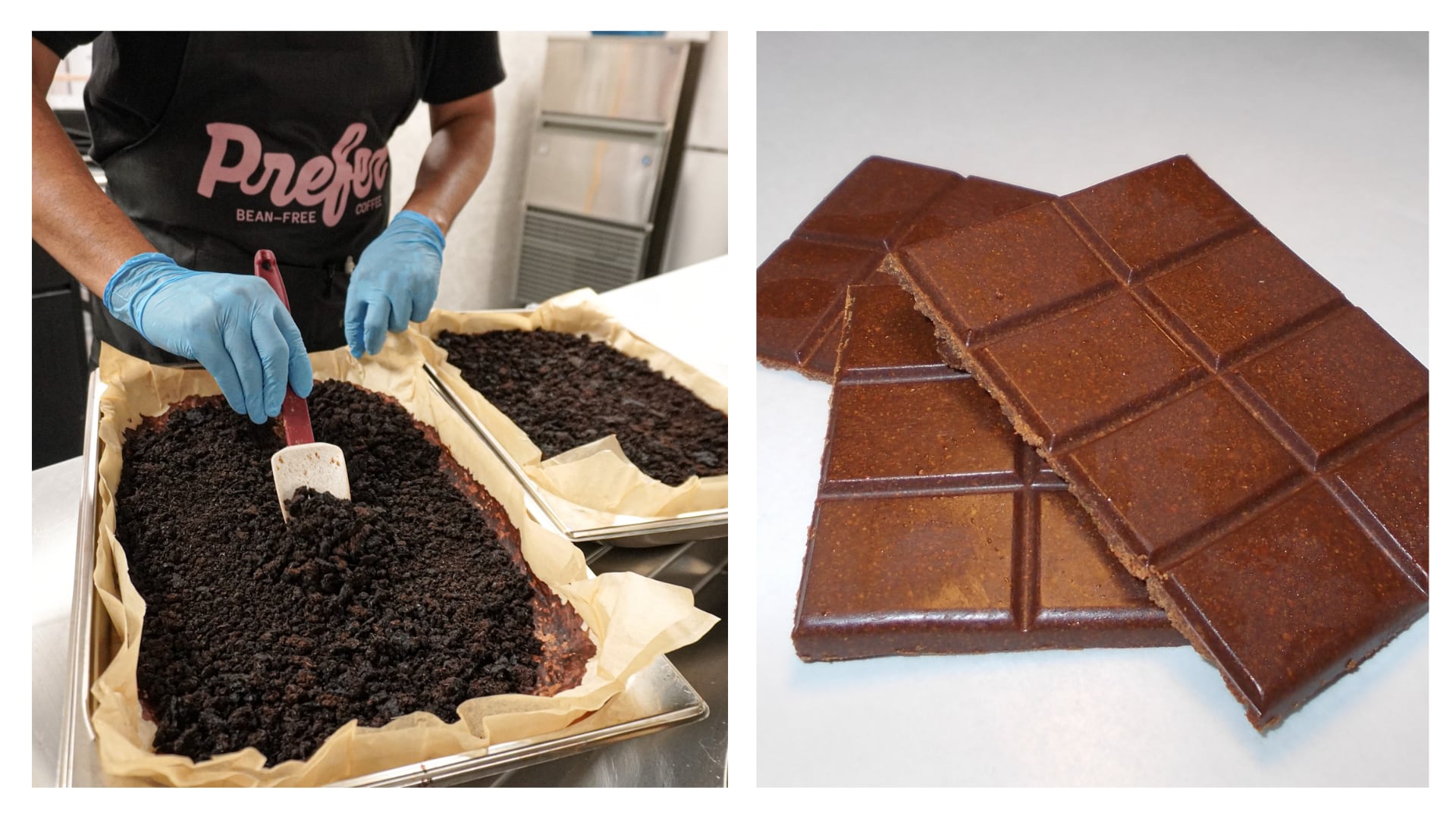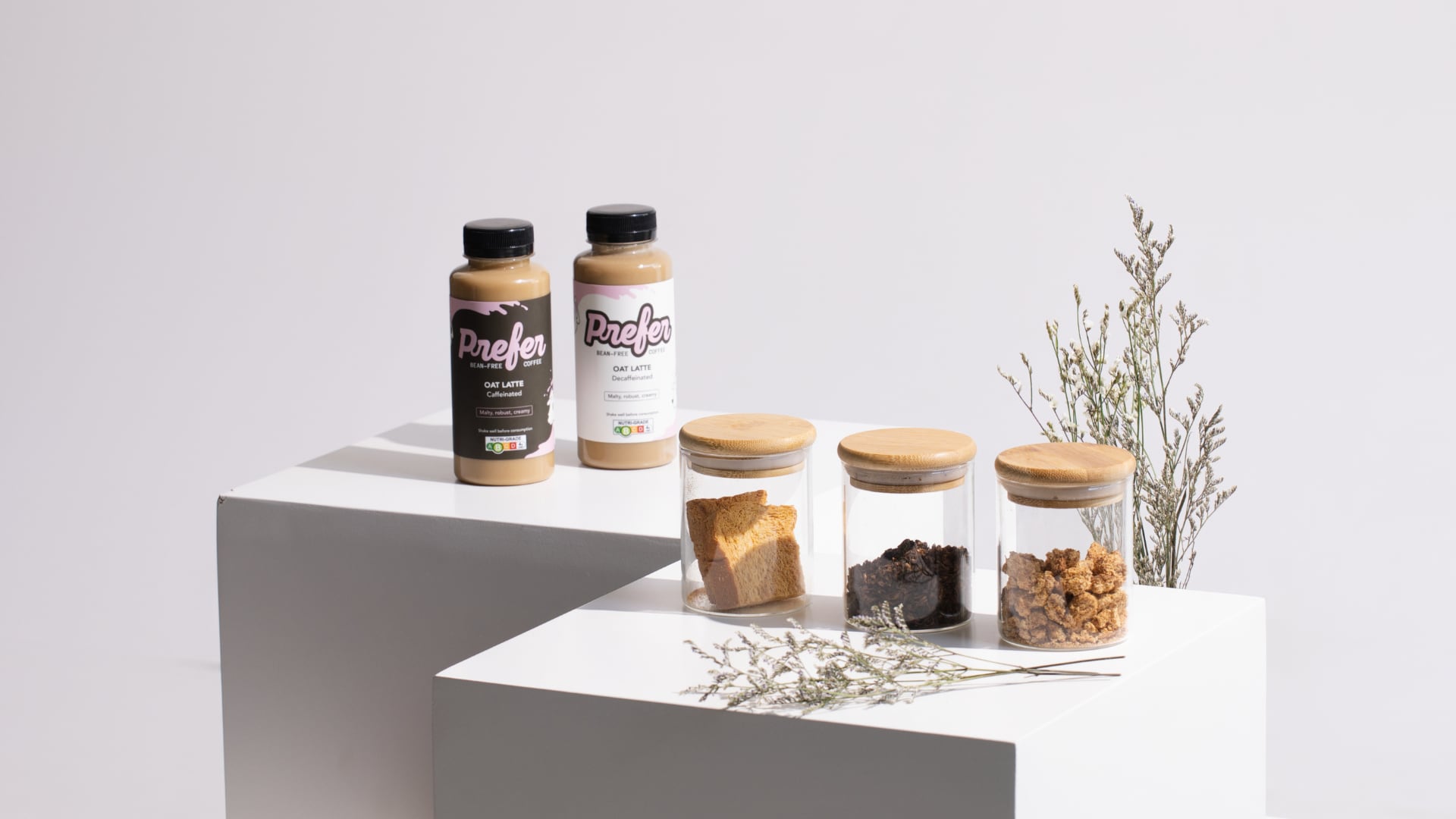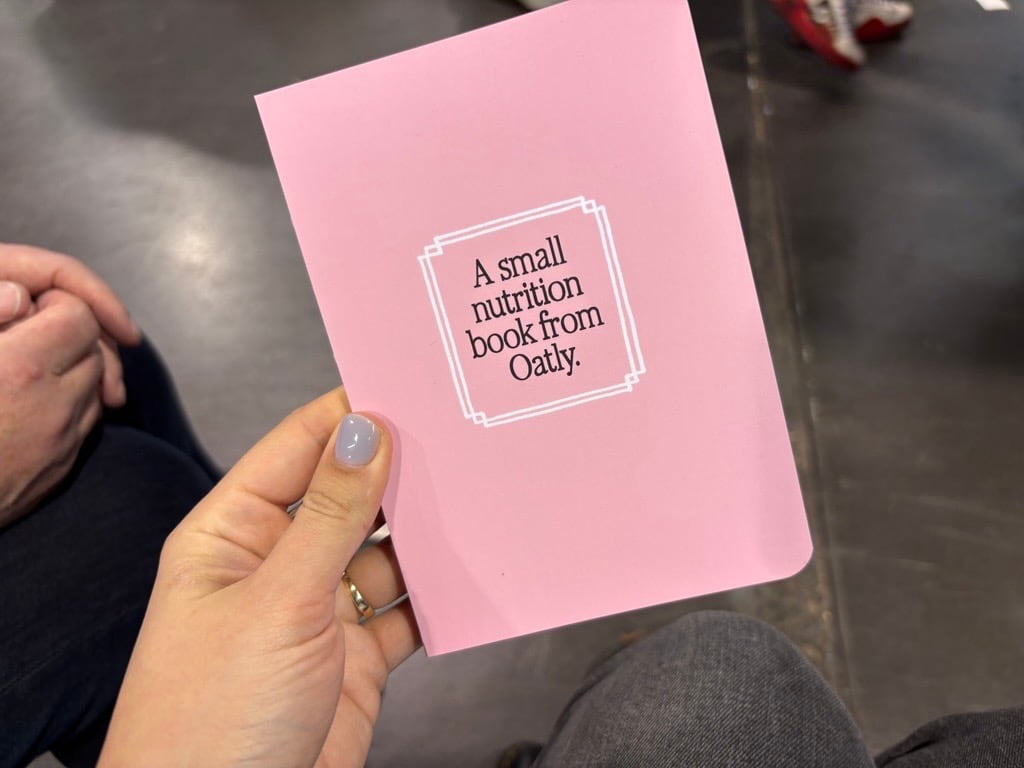These developments mark Prefer’s latest moves since the launch of its bean-free coffee in 2024.
Prefer CEO Jake Berber said the firm remains focused on coffee but is exploring new opportunities, including a co-branded coconut latte ice cream launched on July 5 in partnership with Singapore-based retailer Melvados.
The ice cream features Prefer’s bean-free coffee alternative.
“We chose ice cream as our first co-branded product because it’s a great way to showcase the versatility of our coffee ingredient, especially as we expand into soluble coffee, instant mixes, and RTD beverages,” said Berber.
“In addition, we’re seeing increasing demand from confectionery companies and flavour houses interested in using our coffee ingredient in extracts, inclusions, and flavour bases.
“We’re focused on being a B2B ingredient provider. That said, our consumer brand plays a supporting role, serving as proof of market traction and product validation for B2B partners who need to see end-consumer demand before adopting new ingredients,” he said.
The firm is working on more retail collaborations expected to launch later this year.
“These collaborations span multiple product categories and are designed to demonstrate how our ingredients work across a range of formats. They also help partners respond to growing supply chain, cost, and sustainability pressures in a concrete and immediate way,” shared Berber.
Additionally, Prefer is working with brands and private label retailers looking to lower the cost and carbon footprint of their instant and ready-to-drink coffee products.
It hopes to replicate this success with its cocoa-free chocolate, which is set to be launched by the end of 2025.

Chocolate without cocoa?
Berber said the chocolate prototype shows promise in terms of sensory fidelity – such as taste and texture – and climate impact.
Prefer achieved this using its proprietary fermentation technology, which upcycles food manufacturing by-products into flavour-rich ingredients.
“Compared to our coffee replacement, the cost and carbon benefits of replacing cocoa are even more significant,” said Berber.
“Given the volatility in global cocoa supply and price, we see enormous potential for this product to offer both resilience and affordability to brands looking for sustainable indulgence.”
The firm’s next step is to begin commercial trials to evaluate the prototype’s taste, texture, appearance, and consumer acceptance in real-world settings.
In the meantime, the firm continues to expand and improve on its current offerings.

Sustainable, scalable solutions
Prefer is also developing a soluble coffee powder for industrial use, targeting manufacturers and instant coffee producers.
This will allow the firm to serve manufacturers and instant coffee producers directly.
“By the end of this year, we expect our coffee to be served in over 100 locations across Singapore, which will help accelerate commercial conversations with manufacturers, coffee chains, and FMCGs,” said Berber.
The firm is concurrently building up its core fermentation platform to recreate the flavours of crops under threat.
“While we haven’t launched other flavours yet, the platform is designed to support additional aroma profiles in the future. Across the board, our focus has been on optimising flavour precision, improving scalability, and reducing production costs,” Berber said.
Navigating challenges
Berber said solving real customer problems is key to surviving today’s challenging start-up environment. In Prefer’s case, that problem is the rising cost and supply volatility of coffee.
To scale efficiently, the firm relies on toll manufacturing and IP licensing, rather than building costly infrastructure. This model keeps the firm capital-light while helping it grow quickly across markets.
“The main challenge is the ambitious task of recreating complex flavours like coffee and cocoa using fermentation, and then scaling that production reliably. Reproducing these flavours from scratch requires precision in aroma compound development, consistency in microbial behaviour, and robust downstream processing,” shared Berber.
He revealed that Prefer is targeting 500 tonnes of annual production capacity within 18 months via a hybrid model of manufacturing partnerships and tech licensing.
Berber said Singapore has been a supportive base for testing products due to its strong technical infrastructure and fast-moving partners, but expansion into the broader APAC region is a key priority.
“APAC is home to the most price-sensitive consumers globally, and that’s exactly who we’re building for. We’ve engineered our flavour profiles with APAC taste preferences in mind, which positions us to succeed in a region that will drive the majority of global food demand in the next decade,” said Berber.
Prefer is now in active pilots and commercial discussions across the region and plans to expand further through licensing and contract manufacturing over the next 12 to 24 months.
As part of its strategy to reach wider markets in APAC, Prefer participated in the Asia-Pacific Agri-Food Innovation Summit last year.
“The Summit connected us with a highly relevant audience, from flavour houses to FMCGs to regional manufacturers. It gave us the right platform to showcase our ingredient strategy to stakeholders who understand the urgency of creating alternative strategies to commodity crops under threat. Several of those conversations have progressed into MOUs and co-development in progress,” shared Berber.
Why attend the Asia-Pacific Agri-Food Innovation summit?
Held annually in Singapore as the anchor leadership event of Singapore International Agri-Food Week, the Asia-Pacific Agri-Food Innovation Summit brings together global agribusinesses, food brands, investors, start-ups, and technology leaders to accelerate innovation and collaboration for a more resilient and sustainable food system. The summit explores breakthrough technologies and market-ready solutions in agriculture, food production, supply chain resilience, nutrition, and climate-smart food systems.
Meet scale-ups like Prefer or raise the profile of your start-up by signing up to attend November 4-6, 2025.





